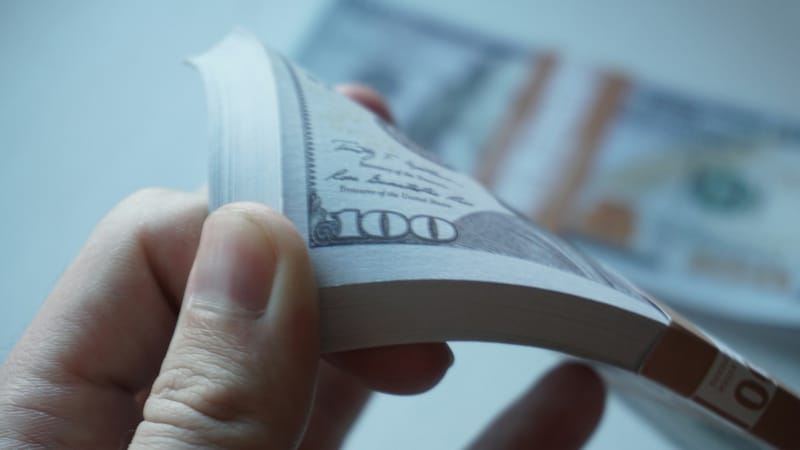Ozempic and other drugs targeted in US regulator's patent clampdown

America's competition regulator has challenged a number of patents in the drug industry, including new high-profile weight loss treatments like Ozempic.
The regulator, the US Federal Trade Commission (FTC), sees numerous patents as 'unnecessary and obstructive'.
The FTC is targeting over 300 patents related to various drugs, including Novo Nordisk's diabetes and weight-loss medication, Ozempic.
It said it aims to break down barriers that delay the entry of cost-effective generic drugs into the market, which would reduce the current high costs that consumers face.
Regulators pinpoint patents that they argue are not directly related to the drug’s primary application.
Examples include specific device designs like the "injection button" for Novo Nordisk's Victoza or particular mechanisms in other drugs, which are seen as tactics to extend patent life beyond the original innovations.
Drugmakers now have a 30-day window to either retract patents or prove their validity.
This move is seen as part of a broader strategy by the Biden administration to make healthcare more affordable, reflecting ongoing efforts to negotiate drug prices down and enhance market competition.
Explore Bias
Some media report focus mainly on the potential positive consumer impacts and show the regulatory actions as challenging profiteering practices, possibly portraying pharmaceutical in a negative light.
Other outlets emphasize market reactions and the business implications for pharmaceutical companies, rather than taking a consumer-centred angle.
Explore More Stories
- "US challenges 'bogus' patents on Ozempic and other drugs in effort to spur competition - ABC News"
- "FTC targets ‘junk’ patent listings on Ozempic and other drugs" - Mint
- "FTC challenges ‘bogus’ patents on Ozempic, other drugs that ‘block competition’" - MarketWatch
- "Here’s Why Alleged ‘Junk Patents’ Could Make Drugs Like Ozempic Pricier" - Forbes
- "FTC challenges patents held by drugmakers, including for Ozempic" - CNBC






